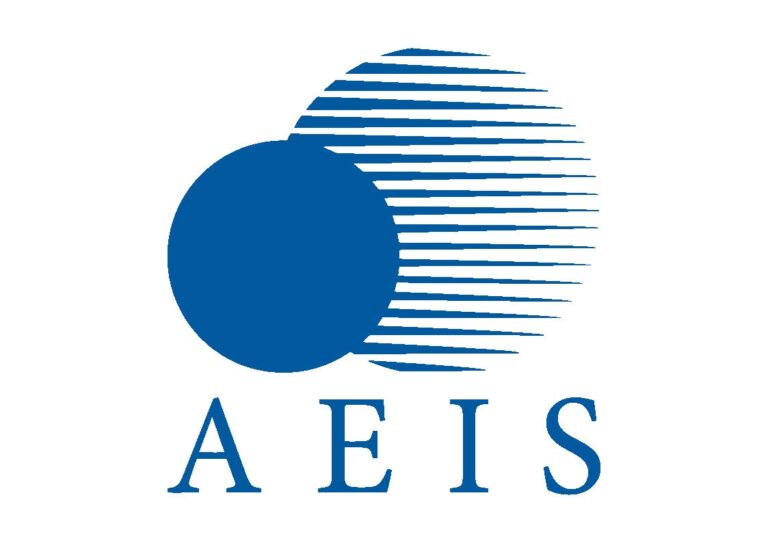Today, at the prestigious Advances in Genome Biology and Technology (AGBT) conference in Orlando Florida, Chief Scientific Officer of Cardea Bio, Dr. Kiana Aran – the 2021 winner of the Nature Research Award for Inspiring Women in Science – is a first day plenary speaker, introducing the first-generation multiomics BPUs that combine CRISPR technology with the ultra-sensitivity of a graphene-based BPU (Biosignal Processing Unit) to detect target DNA sequences within the whole genome without the need for DNA amplification.
This technology, termed CRISPR-chip, utilizes the genome searching capability of Cas and reprogrammable RNA molecule to unzip the double-stranded DNA and find its target. The gRNA-DNA binding event causes a change in graphene conductivity which can be detected in real-time within the BPU. CRISPR-chip was shown to detect target genes within clinical samples obtained from patients with Duchenne Muscular Dystrophy (Cover of Nature BME, 2019), and single cell point mutations (SNPs) in Sickle cell disease and ALS without the need for amplification (Nature BME, 2021), within less than 30 minutes.
“The AGBT conference has been the site of many next generation technological unveilings during the genomics era, so we’re immensely proud to have our Chief Scientific Officer, Dr. Kiana Aran, present our multiomics platform as a plenary speaker on the first day of the conference,” states Michael Heltzen, CEO of Cardea Bio, and continues, “Now, we’re entering a new era – real-time multiomics – through the use of Cardea’s BPU platform, which Dr. Aran will showcase during her keynote today. Not only does our BPU platform have the potential to change the way you think of what’s required for doing DNA testing – no amplification and no lab equipment – but the potential translates to a lot of categories ranging from rapid diagnosis of infectious diseases to liquid biopsy instruments.”
The applications of this technology platform go beyond diagnostics. CRISPR-chip can provide greater insights on the mechanism of CRISPR and can lead to safe and more effective utilization of this gene-editing technology for therapeutic applications.
Cardea’s rapidly expanding IP portfolio now has 29 broad patents issued and another 32 patents pending, cementing Cardea’s market-leader position in the graphene biosensor industry, where they are bringing the BPU (Biosignal Processing Unit) Platform to market.










